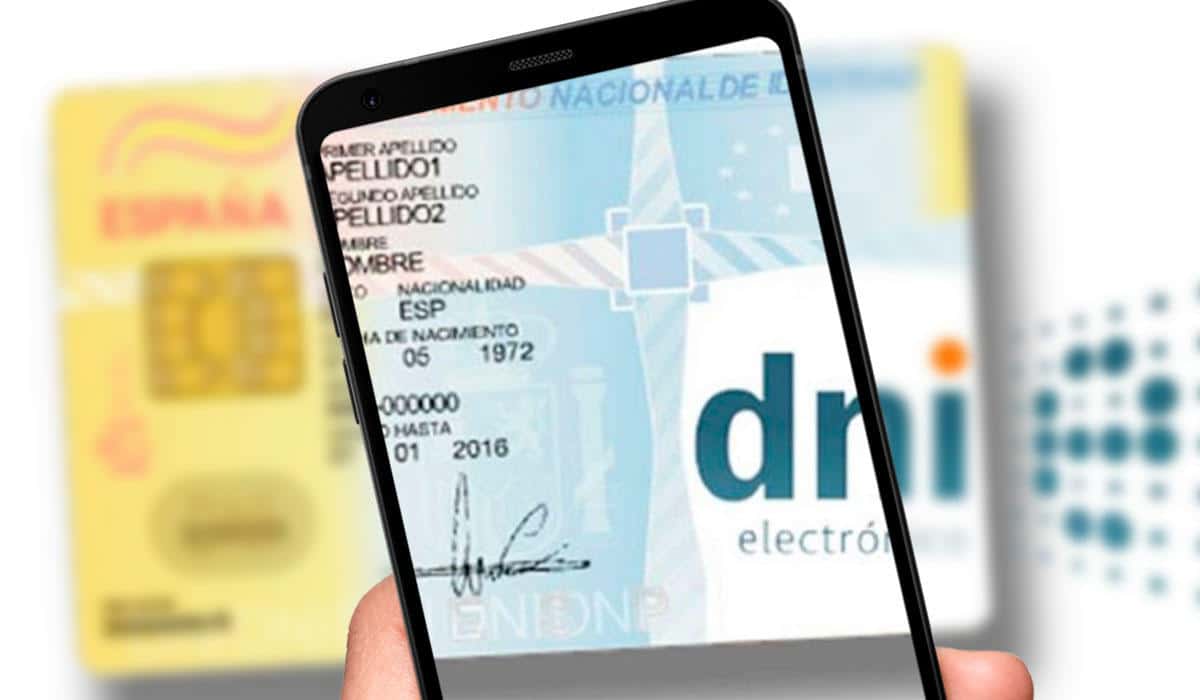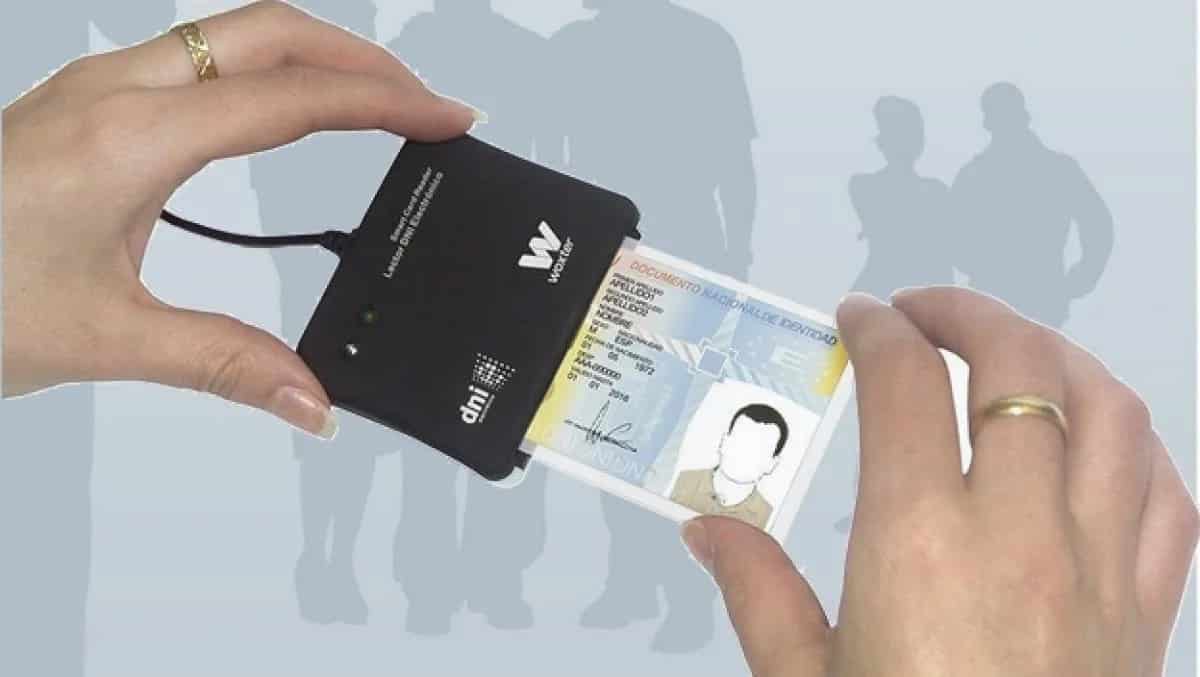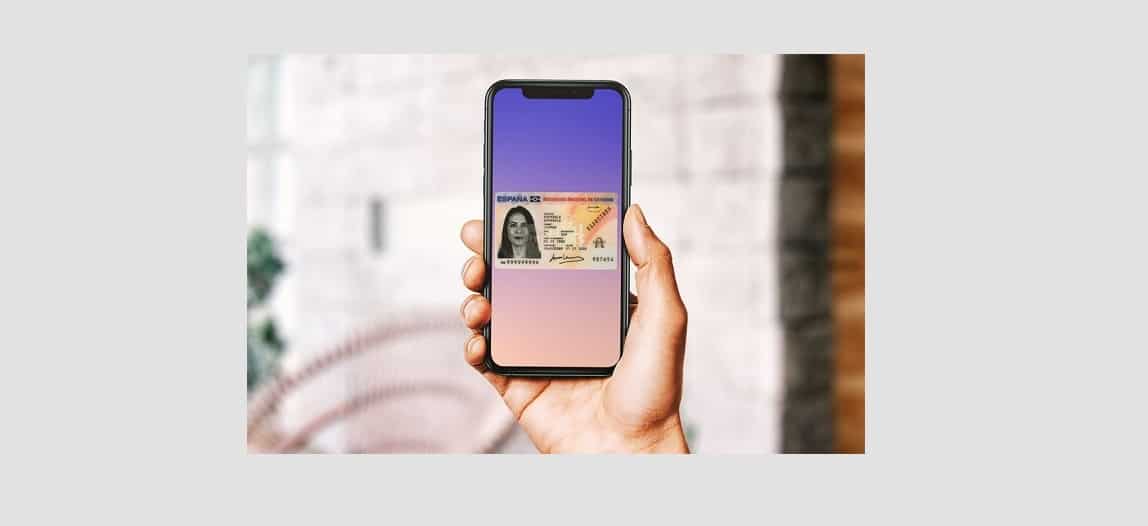
More and more people have replaced the wallet with the smartphone. Instead of carrying cash, they prefer to pay with their mobile, which has its pros and cons, it must be said. And the same goes for documentation. Take the ID on mobile It supposes many advantages and a greater comfort.
All this revolves around the question of self-identity. In the coming years, many aspects of our lives will go through the inevitable digitization. virtual signatures, digital certificates and also digital identification will be commonly used concepts in the near future. In fact, in many cases they are already a reality. The same physical identity document will eventually disappear, inexorably replaced by the Electronic DNI.
The European Commission itself has been working since 2021 to create a legal framework to create a set of valid digital identity credentials in any of the member states. The idea is that all European citizens should bear a digital wallet on their mobile devices, such as telephones, where the DNI, Passport and other identification documents can be stored.
To this day, it is still necessary to carry the physical ID with us to identify ourselves and carry out certain procedures. It is true that, on many occasions, a photo of the document can be very useful as a means of identification, but the truth is that for legal purposes it has no validity. In other words: no official administration or private business will accept a photo or scanned image of our identity card that we have stored in the memory of our mobile phone.
So, how can we carry the ID on the mobile and use it as legal identification?
Electronic DNI

While waiting for the EU projects to come true and the European digital portfolio with various certified and valid documents begins to circulate, the only option we currently have is the Electronic DNI or DNIe.
It is about the evolution of the physical DNI, now converted into a digital tool. A concept very similar to that of bank cards with their corresponding chip. The DNIe works through a private key that only the holder of the document knows and allows access to numerous telematic transactions and signatures of electronic documents.
Once issued and activated, we may use the DNIe from our computer with the help of a hardware reader (like the one shown in the image above), a cheap device that can be purchased at any computer store. However, despite the great advance that this represents, it is not useful for us to carry and use the DNI on a mobile phone.
The near future: the DNIe App and the European digital wallet

The definitive solution to be able to carry the DNI on the mobile and being able to use it legally as identification goes through the application DNIe App, in which the National Police has been working for some years. More or less the same as the DGT application, in which the user can have their Driving License and other documents attached.
Actually, the DNIe App was scheduled to be launched at the beginning of 2022, but it seems that the project is behind schedule. In fact, the Administration has decided not to give any new date or deadline around the final launch of the application.
There is a possible explanation for this delay: it is quite likely that in Spain they have decided to wait for the announced launch of the European identification app, also called digital wallet, solution that we have talked about before, which would already include the DNI itself.
This European digital wallet would protect our documents through a series of biometric sensors (fingerprint reader, facial recognition, etc.) and would integrate the DNI, the driving license or the European health card, among other things. You could even incorporate a secure server to store passwords and a secure payment system.